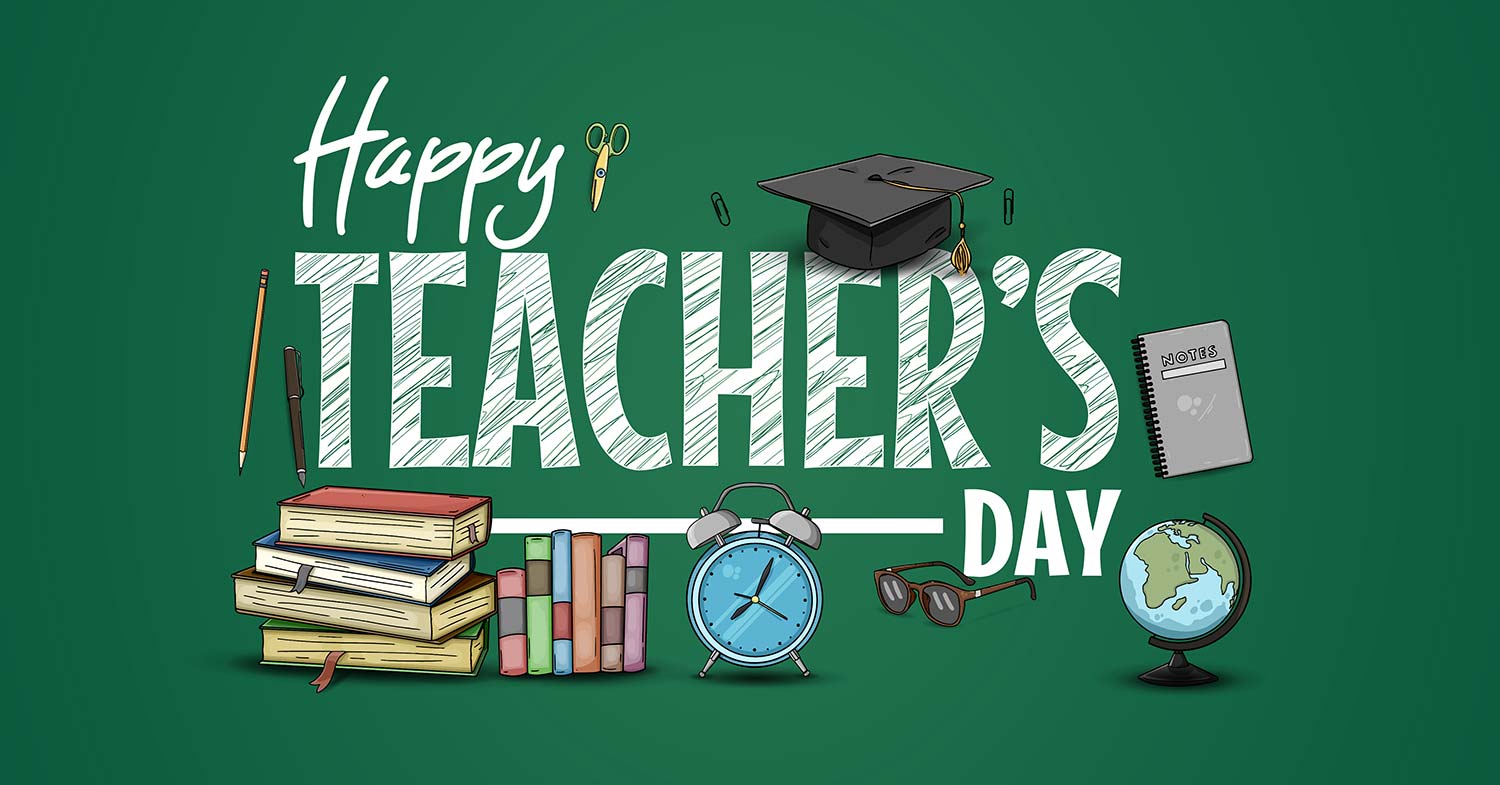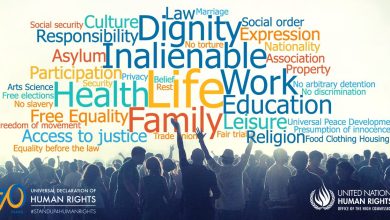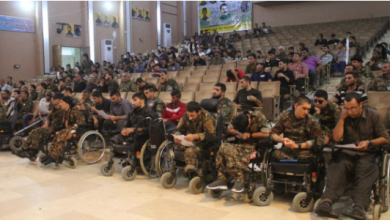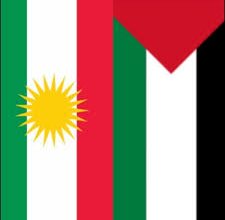World Teachers’ Day provides an opportunity to focus on the vital role of teachers in Iranian Kurdistan—individuals who, by educating children and adolescents, not only impart academic knowledge but also build their resilience against the risk of recruitment by armed groups.
Dr. Zana Sadeqi
Quality education is not only a fundamental right of every child but also a key tool for social development, reducing inequality, and preventing violence and extremism. This reality is particularly pronounced in border and deprived regions like Iranian Kurdistan, where social, economic, and security challenges severely complicate the educational landscape.
World Teachers’ Day is an occasion to recognize the critical role of educators in nurturing an informed, resilient, and responsible generation. Teachers in Iranian Kurdistan go beyond mere instruction, undertaking social and pedagogical roles that can prevent children and adolescents from being drawn into armed and extremist groups.
The Significance of World Teachers’ Day and International Standards
World Teachers’ Day has been observed since 1994, commemorating the adoption of the 1966 UNESCO/International Labor Organization (ILO) Recommendation concerning the Status of Teachers. This international document sets standards for teachers’ rights and responsibilities, initial training and professional development, recruitment, working conditions, and the learning environment.
With the adoption of a supplementary recommendation for higher education teaching personnel in 1997, the scope of professional standards and support was also extended to university academics. The 2025 theme, “The Future of the Teaching Profession: A Collaborative Endeavor,” emphasizes the importance of cooperation, experience-sharing, and mutual support among teachers, highlighting that education requires collective and harmonized structures rather than being purely an individual activity.
Educational Challenges in Iranian Kurdistan
Iranian Kurdistan, with its unique geographical, social, and economic characteristics, faces a set of educational challenges that directly impact the quality of teaching and the capacity of educators:
- Poverty and Economic Deprivation: Many schools in rural and border areas suffer from a lack of educational resources, equipment, and suitable space. These shortages not only diminish educational quality but also increase the psychological and occupational stress on teachers.
- Insecurity and Threats from Armed Groups: The presence of active armed groups in some areas threatens the safety of students and teachers, destabilizing the learning environment.
- Limited Professional Development Opportunities: Many teachers lack access to supplementary training, networking with colleagues, and support structures, which can lead to feelings of isolation and reduced job motivation.
- Lack of Human Rights and Social Skills Education: Formal education in human rights, citizenship, and life skills is limited in many schools. In such circumstances, teachers take on a broader pedagogical and social role that can influence children’s and adolescents’ ability to resist extremism.
The Role of Teachers in Preventing Extremism
Numerous studies indicate that a lack of education, limited access to information, and the absence of social skills are breeding grounds for the recruitment of children and adolescents by armed groups. Teachers can directly impact the prevention of this trend through targeted and continuous efforts:
- Developing Critical Thinking and Problem-Solving Skills: By cultivating students’ analytical and decision-making abilities, teachers enable them to resist the propaganda of armed and extremist groups.
- Strengthening Social Identity and Sense of Belonging: Creating a sense of self-confidence, self-belief, and belonging to the community can steer children and adolescents away from violent paths.
- Building a Safe and Supportive Learning Environment: A space where students feel secure, valued, and supported reduces their vulnerability and limits opportunities for recruitment by armed groups.
- Promoting Human Rights Education and Social Responsibility: Raising awareness about children’s rights, gender equality, freedom of expression, and social participation amplifies the teachers’ role in creating an informed and resilient generation.
Education, Justice, and Human Development
The connection between education and human rights is clearly evident in deprived regions. In Iranian Kurdistan, limited access to quality education is a factor in social and economic inequality. Teachers, as representatives of the government and educational institutions, play a key role in facilitating educational equity, reducing discrimination, and promoting equal opportunities for all children.
When children and adolescents receive proper education, and teachers benefit from the necessary professional and psychological support, they are less likely to be drawn into armed groups and extremist paths. Therefore, quality education is a direct and effective tool for maintaining social security and stability.
The Necessity of Support and Reinventing the Teaching Profession
To enhance the effectiveness of teachers in preventing extremism, the following measures are essential:
- Developing Infrastructure and Educational Resources: Equipping schools with books, technology, laboratories, and welfare facilities enables teachers to deliver more effective instruction.
- Continuous Professional Training and Support: Professional development programs, networking opportunities with colleagues, and the provision of modern teaching skills boost teachers’ motivation and capabilities.
- A Safe and Supportive Working Environment: Providing job security, psychological support, and access to professional counseling helps teachers work with greater focus and motivation.
- Integrating Human Rights and Citizenship Education into Curricula: Educational programs that emphasize social skills, human values, and civic responsibility can make children resilient to extremism.
Collaboration and Solidarity as a Key Principle
The 2025 World Teachers’ Day theme, “The Future of the Teaching Profession: A Collaborative Endeavor,” underscores that teaching is not an individual activity; it requires collaboration among teachers, school administrators, families, and educational and social institutions. This collaboration strengthens the quality of education, increases its pedagogical impact, and improves the ability to prevent social harms.
In Iranian Kurdistan, establishing networks of cooperation among teachers and securing support from governmental and non-governmental bodies can nurture a generation resilient to extremism and violence.
World Teachers’ Day is an opportunity to celebrate the efforts and vital role of teachers, particularly in deprived and border regions like Iranian Kurdistan. Teachers not only transmit knowledge and academic skills but are also the cornerstone of nurturing children for a responsible, secure life, and one resilient to extremism.
To achieve this goal, policymakers and the international community must:
- Support teachers,
- Provide opportunities for professional development and collaboration,
- Ensure a safe educational environment and sufficient resources are available to them,
- Develop educational programs based on human rights and social skills.
Without serious attention to the role of teachers and the improvement of their working and professional conditions, achieving inclusive, equitable, and violence- and extremism-resistant education will be impossible. Thus, World Teachers’ Day is not just a celebration of the profession, but a reminder of the importance of investing in education and supporting teachers as the primary defenders of human rights and social security in Iranian Kurdistan.






